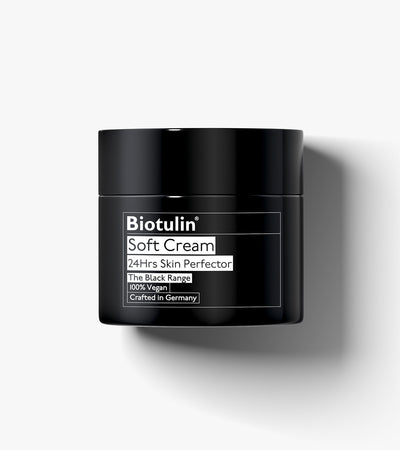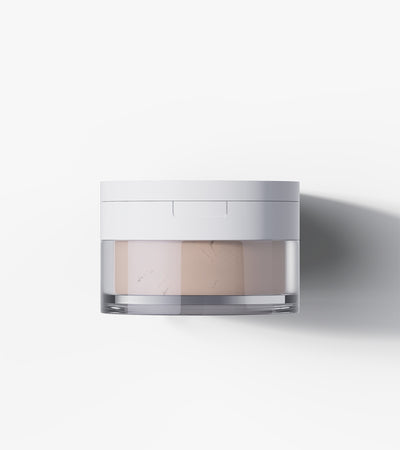Overview/Definition
Citronellol is a naturally occurring terpene found in various plants, including citronella, lemon geraniums, lemongrass, eucalyptus, and ginger. It is widely recognized for its pleasant, floral scent, reminiscent of roses, which makes it a popular ingredient in perfumes and skincare products. Citronellol is also known for its antimicrobial and antifungal properties, contributing to its use in products aimed at improving skin health and appearance.
Citronellol is a colorless liquid with a fresh, grassy, or floral aroma, depending on its source. It is commonly used as a fragrance ingredient in cosmetics and personal care products, including aftershave lotions, bath products, moisturizers, and skin care formulations. Its ability to enhance the aroma of other ingredients makes it a valuable component in the formulation of various cosmetic products.
In addition to its role as a fragrance enhancer, Citronellol has potential medicinal uses, including its application as an insect repellent. Its versatility and beneficial properties make it a sought-after ingredient in the cosmetic and skincare industries.
Function in Skincare
Citronellol serves several key functions in skincare:
- Fragrance Enhancer: It enhances the scent of cosmetic products, particularly those with floral notes, making them more appealing to consumers.
- Antimicrobial Properties: It possesses antimicrobial and antifungal properties, which can help in maintaining skin health and preventing infections.
- Skin Conditioning: It contributes to the overall conditioning of the skin, improving its texture and appearance.
Skin Type Suitability
Citronellol is suitable for a wide range of skin types, including:
- Normal Skin: It can help maintain the skin's natural balance and enhance its overall appearance.
- Dry Skin: Its conditioning properties can be particularly beneficial for dry skin, helping to improve its texture and hydration.
- Oily Skin: It can help regulate sebum production and reduce the appearance of blemishes, making it suitable for oily and acne-prone skin.
- Sensitive Skin: While generally well-tolerated, individuals with sensitive skin should use Citronellol with caution, as it may cause irritation in some cases.
Benefits
Citronellol offers several benefits for the skin:
- Fragrance Enhancement: It enhances the scent of skincare products, making them more enjoyable to use.
- Antimicrobial Action: It helps protect the skin from microbial infections, contributing to healthier skin.
- Skin Conditioning: It improves the texture and appearance of the skin, making it smoother and more radiant.
Potential Side Effects or Risks
While Citronellol is generally considered safe for use in skincare products, there are some potential side effects and risks to be aware of:
- Skin Irritation: It can cause skin irritation, especially in individuals with sensitive skin or when used in high concentrations.
- Allergic Reactions: Some individuals may experience allergic reactions to Citronellol, resulting in redness, itching, or swelling.
Usage in Skincare Products
Citronellol is used in a wide range of skincare products, including:
- Perfumes and Colognes
- Aftershave Lotions
- Bath Products
- Moisturizers
- Skin Care Products
How it’s used
Citronellol can be incorporated into a skincare routine in various ways, depending on the specific product and its intended use. It is often found in perfumes, aftershave lotions, and moisturizers, where it enhances the fragrance and improves the skin's condition. It can also be used in bath products to provide a pleasant scent and skin conditioning benefits.
Scientific Studies/Research
Several scientific studies have evaluated the safety and efficacy of Citronellol in skincare products. The Cosmetic Ingredient Review (CIR) Expert Panel has concluded that Citronellol is safe as a cosmetic ingredient in the present practices of use. Additionally, the International Fragrance Association (IFRA) provides guidelines for its safe use in fragrances to minimize the risk of sensitization.
Other Names/Synonyms
Citronellol is also known by the following names:
- Dihydrogeraniol
- Geraniol
Sustainability/Environmental Impact
Citronellol is a naturally occurring compound found in various plants, making it a renewable and sustainable ingredient. It is primarily obtained through the extraction and processing of plant materials, which can have environmental impacts. Consumers may wish to choose products that use sustainably sourced Citronellol to minimize these impacts.
Fun Facts
- Citronellol is a key component in the production of rose oxide, a compound used in the fragrance industry.
- It is also used as a precursor to many commercial and potential fragrances, such as citronellol acetate and citronellyl oxyacetaldehyde.




